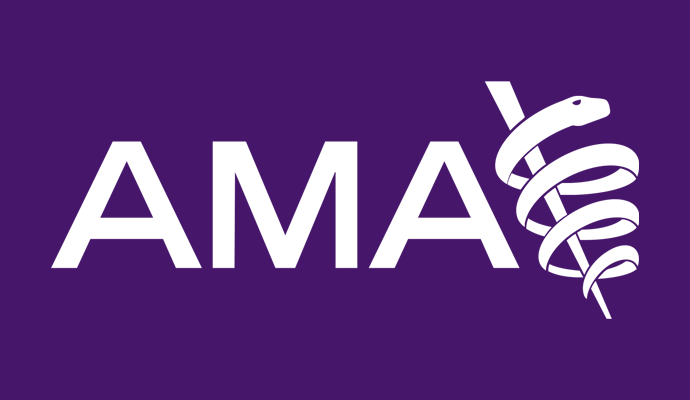AMA Calls for Suspension of Prior Auths During PHEs, Better Peer Reviews
The requests are among several policies AMA adopted at a Special Meeting aimed at streamlining the prior authorization process, especially around peer-to-peer reviews.

Source: Xtelligent Healthcare Media/American Medical Association
- Payers should temporarily suspend prior authorization requirements during public health emergencies (PHEs), according to a new policy from the American Medical Association (AMA).
Physicians have faced a high level of prior authorization requirements, even during the COVID-19 pandemic. The overwhelming majority have said that these requirements have resulted in delays to necessary care, while 30 percent report that prior authorizations have led to serious adverse events, such as hospitalization or even death.
AMA addressed the rising burden of prior authorizations during the pandemic at its Special Meeting of its House of Delegates earlier this week. The group approved new policies aimed at reining in the burden, including the temporary suspension of requirements during a PHE and stopping payers from requiring prior authorization for medically necessary surgical or other invasive procedures done during an operation that has already been approved or did not require prior authorization.
“Delayed and disruptive treatment due to unnecessary and bureaucratic prior authorization requirements can have life-or-death consequences for patients – something we know from data and surveys of physicians,” Susan R. Bailey, MD, president of the AMA, said in a press release.
The House of Delegates also focused on a major component to the prior authorization process: peer-to-peer reviews.
Peer-to-peer reviews, or P2P reviews as AMA called them, are conversations between a physician and a physician employee of the payer that may occur, depending on the health plan, during the initial prior authorization process or after an initial prior authorization denial. The conversation typically centers on medical necessity of the requested treatment or procedure request.
AMA’s new policies called for these P2P prior authorizations to be made actionable within 24 hours after the conversation and for the P2P physician to have clinical expertise to treat the condition or disease under review.
P2P physicians should have knowledge of current, evidence-based clinical guidelines and novel treatments, and P2P reviewers should follow evidence-based guidelines consistent with national medical society guidelines where available and applicable, AMA stated.
Physicians have long complained about the clinical validity of prior authorization criteria set by payers. In fact, while 98 percent of health plans report using peer-reviewed, evidence-based studies when designing prior authorization programs, just under a third of physicians say that prior authorization criteria are rarely or never evidence-based.
What’s more, 90 percent of physicians responding to the AMA survey agreed that prior authorizations have somewhat or significant negative impact on patient clinical outcomes.
“P2P reviews are another burdensome layer insurers are increasingly using without justification, and the peer reviewers are often unqualified to assess the need for services for a patient for whom they have minimal information and to whom they have never spoken or evaluated,” Bailey said in the press release. “Particularly during a public health emergency like COVID-19, unnecessary prior authorizations should not stand between a patient and care they need.”
AMA has been working to reform prior authorization requirements since 2018 when it joined a coalition of national organizations representing pharmacists, medical groups, hospitals and health plans. Together, the organizations developed a consensus statement detailing a shared commitment to improving five areas of the prior authorization process: selective application, program review and volume adjustment, transparency and communication, continuity of patient care, and automation.
However, AMA recently reported that payers have made little progress with improving the prior authorization process. For example, just 11 percent of physicians said in a December 2020 survey that they contract with a health plan that offers selective application from prior authorization.
Additionally, about 68 percent of physicians reported challenges with determining whether a prescription medication requires a prior authorization and 58 percent said the same about medical services.
